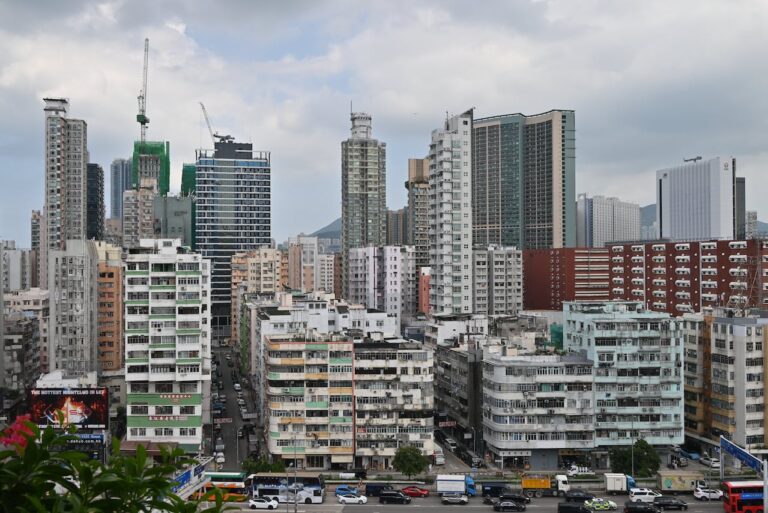A Comprehensive Overview of Office Relocation Regulations in Hong Kong
Relocating your office in Hong Kong involves a strategic blend of planning and adherence to regulations unique to the city’s dynamic business environment. In this guide, we’ll dissect the key regulations governing office relocation in Hong Kong, providing you with a roadmap for a smooth and compliant transition.
1. Landlord-Tenant Dynamics:
- Begin by understanding the intricacies of landlord-tenant relationships in Hong Kong. Familiarize yourself with lease agreements, rental terms, and the rights and responsibilities of both parties. Complying with these regulations lays the foundation for a secure and legally sound relocation.
2. Zoning Regulations and Planning Approvals:
- Hong Kong has stringent zoning regulations. Before finalizing your new office location, ensure that the intended use aligns with zoning laws. Additionally, check if any planning permissions are required for modifications or renovations. A thorough understanding of these regulations prevents complications down the road.
3. Building Codes and Safety Standards:
- Compliance with building codes and safety standards is paramount. Prioritize fire safety measures, disabled access provisions, and adherence to environmental and sustainability standards. Ensure that your chosen space aligns with these regulations to guarantee the well-being of your employees and the longevity of your business.
4. Business Registration Compliance:
- If your office relocation involves a change in business address, promptly update your business registration with the Inland Revenue Department (IRD). Neglecting this step may lead to penalties, making it essential to stay compliant with business registration requirements.
5. Navigating Labor Laws:
- Hong Kong’s robust labor laws protect employee rights. Consider the implications of the move on your workforce, such as changes in commuting patterns and potential adjustments to employment contracts. Transparent communication is key to maintaining a positive working relationship with your employees.
6. Environmental Impact Assessment (EIA):
- Depending on the scale and nature of your business, an Environmental Impact Assessment (EIA) might be necessary. Work closely with relevant authorities to determine if an EIA is required and follow the prescribed procedures to ensure environmental compliance.
7. Waste Management Protocols:
- Hong Kong places significant emphasis on waste reduction and responsible disposal. Familiarize yourself with waste management regulations, especially if your relocation involves disposing of office furniture or equipment. Consider partnering with reputable services like Speedy Move for efficient and eco-friendly waste management solutions.
8. Immigration and Visa Considerations:
- For international staff moving to Hong Kong as part of the relocation, compliance with immigration laws is crucial. Verify visa requirements and facilitate the necessary documentation for your employees to ensure a seamless transition.
9. Tax Implications:
- Office relocation may trigger tax implications, including stamp duty on property transactions. Seek professional advice to understand the tax obligations associated with your move and develop a strategic plan to navigate these implications effectively.
10. Expert Consultation: – Engaging legal and relocation experts in Hong Kong is a wise move. Professionals can provide tailored advice based on your business’s unique needs, ensuring that you remain compliant with all relevant regulations throughout the relocation process.
In summary, a successful office relocation in Hong Kong hinges on a comprehensive understanding of the regulatory landscape. By proactively addressing these regulations, you pave the way for a compliant, efficient, and successful transition for your business.







